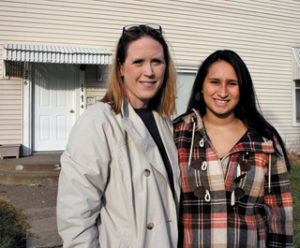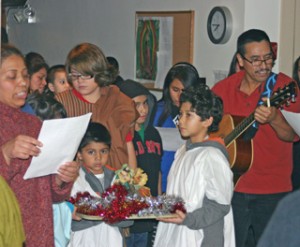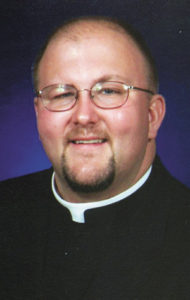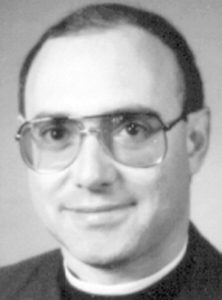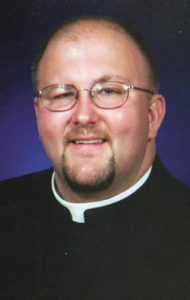By Frank Wessling
Christians are people of hope. We live in expectation that the best is yet to come, beyond where we are now, but somehow connected to our now. Since we are moral agents, what we do now is somehow connected to that hope and expectation which shapes our life.
We are thinking about the Dec.14 slaughter of the innocents in Newtown, Conn., and remembering the ages-ago slaughter of innocents in Bethlehem by Herod which we commemorate tomorrow, Dec. 28. We believe that our actions now in response are somehow connected with God’s response to such evil — always the promise of more abundant life through Christ, eternal life found through love.
A first step is to abandon fear. The most notable instruction Jesus gave his followers when they suffered in the chaos of uncertainty and loss was “Fear not.” That was his entry into their pain: Fear not. You may feel lost and helpless but you have not lost life for yourself. You still have it, but now you know that this gift of life is not for yourself alone. You have it with, not against, all who share your world. You must use it, spend it, with me in shaping that world for fulfillment of our hope.
To read the rest of this article, subscribe to The Catholic Messenger’s e-edition.







